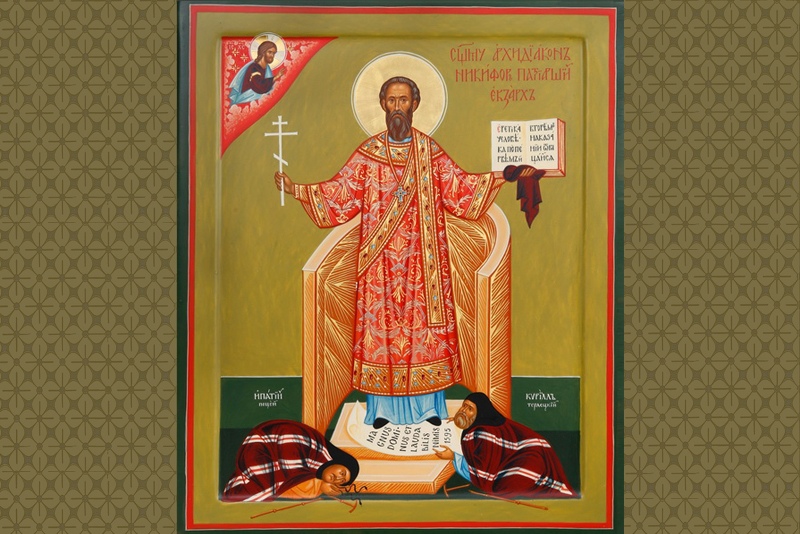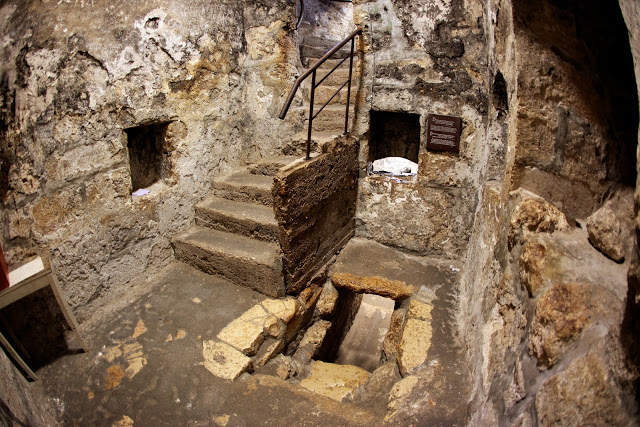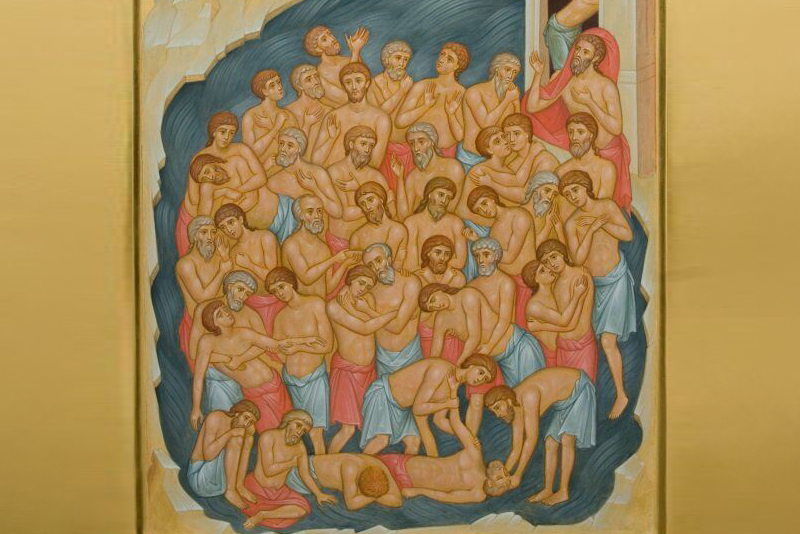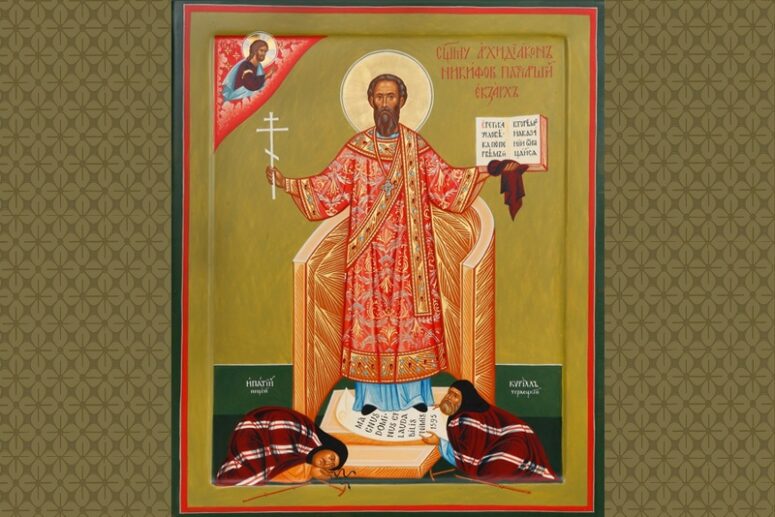
The Holy Martyr Archdeacon Nikephoros is commonly commemorated during the evening litany in the Belarusian Orthodox Church. This Greek saint was an envoy of the Constantinople Patriarchate to the lands of the Polish–Lithuanian Commonwealth, where he fought against the Union of Brest. What brought him so far away from his homeland and caused him to endure a martyr’s death? Let us try to find some answers in this article.
Education in Italy
The future saint was born in the 1540s into a noble and wealthy Constantinople family. It was impossible to get a full education in the territory occupied by the Turks, so Nikephoros, like many of his contemporaries, went to study in Italy. Having received an excellent education at the famous University of Padua, the young man decided to stay in Italy and teach Greek, which was becoming more and more popular in Europe. One might think that, like his peers, Nikephoros would succumb to the charm of Western culture. At the time, Italy was the epicenter of the Renaissance, extolling Hellenism, which many Greeks were justifiably proud of. However, soon the young man chose the path of church ministry and was ordained a deacon. For seven years he served in the church of St Mark the Evangelist, also performing duties of a preacher.

Affairs in Moldova and Istanbul
After leaving Italy in the early 1580s, deacon Nikephoros came to Constantinople, where he played an important role in the life of the Ecumenical Patriarchate. In Istanbul, Nikephoros began to actively work to uphold the interests of the church and defend its teachings Arriving in the city of Jassy (Moldova) to collect funds for the patriarchal treasury, Nikephoros got involved in the ongoing disputes about preserving the old Julian calendar against the recently introduced (1582) Gregorian calendar. During the same period, Nikephoros met with the great statesman and defender of Orthodoxy in the lands of the Polish–Lithuanian Commonwealth, Prince Konstantin Wasyl Ostrogski, who invited the Greek scientist to teach at the academy that he had founded.
During the imprisonment of the Patriarch of Constantinople Jeremias on the island of Rhodes (1584-1587), Nikephoros became one of the key figures at the Patriarchate, which he found in an extremely deplorable state. Despite his great efforts in the struggle for the restoration of legitimate authority in the church, Nikephoros suffered a defeat and was sent into exile in Cyprus. However the indefatigable deacon managed to escape from exile and returned to Istanbul, where he continued his struggle for the restoration of Jeremias to the Ecumenical throne. Nikephoros greatly honored Patriarch Jeremias, calling him a man of a holy life, and eventually, largely due to the deacon’s efforts, Jeremias II Tranos was returned from exile. In view of the pitiful state of the church, the patriarch decided to personally go to Russia to ask for financial assistance, leaving Nikephoros as his locum tenens. This is likely a unique case in the history of the Orthodox Church when a deacon has managed the affairs of a Patriarchate for three full years.
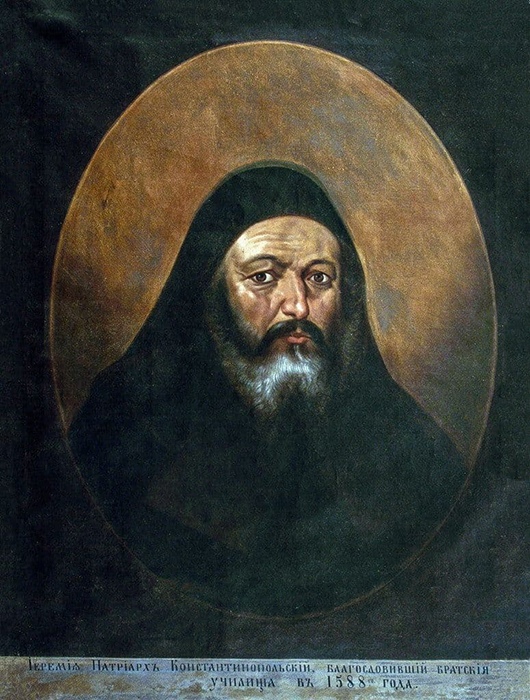
Opposing Brest Union While in Moldova
The early stage of Archdeacon Nikephoros’s battle with the Union of Brest (the union of the Orthodox with the Catholics while maintaining the rite, but obeying the Pope) which was about to be formed in the lands of the Polish–Lithuanian Commonwealth, took place at the 1595 Synod of Jassy in Moldavia, eliminating the pro-Uniate Bishop George Mogila (not to be confused with St Peter Mogila) and condemning the union itself. The situation exacerbated when the Polish army under the command of Chancellor Jan Zamoyski (a longtime acquaintance of Nikephoros) approached Jassy. Soon two massive armies of Turks and Crimean Tatars arrived and surrounded the Poles. Nikephoros managed to mediate in this confrontation and arranged for the withdrawal of the Tatar army, thereby saving the Poles. Thanks to the archdeacon, the candidate from the Poles, Ieremia Movilă (brother of the ousted bishop George Mogila) ascended to the Moldavian throne, although the Turks had their own candidate. Nikephoros may have sought a positive assessment of his actions from the Polish government, especially in view of the upcoming negotiations related to Brest Union, which he was going to engage in.
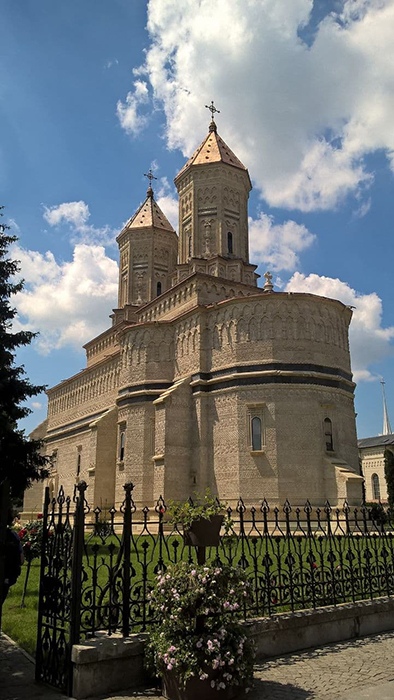
However, the hopes for the loyalty of the Poles did not come true. Zamoyski, under the pretext of a meeting, enticed Nikephoros into the border town of Khotin, where the deacon was arrested as a Turkish spy. Nikephoros spent six months under arrest before he managed to escape once again. Despite the existing opportunity to return to his hometown, where he enjoyed honor and power, the archdeacon decided that his mission was in the Belarusian-Lithuanian lands.
The Union of Brest
Arriving, under the auspices of Prince Konstantin, in Brest, where the Council of Catholics and the Orthodox aiming to conclude a church union was to be held, Nikephoros, thanks to his vast experience, managed to organize an Orthodox council that condemned the initiative of union with Rome. However, that did not stop the union council from taking place. Lobbied by the secular authorities in every possible way, it was immediately followed by the persecution of the Orthodox refusing to unite with the Roman Church. Many Greeks left the country hastily, but Nikephoros continued to organize resistance, sending messages from the territories of Prince Konstantin and teaching at the Ostrog Academy.
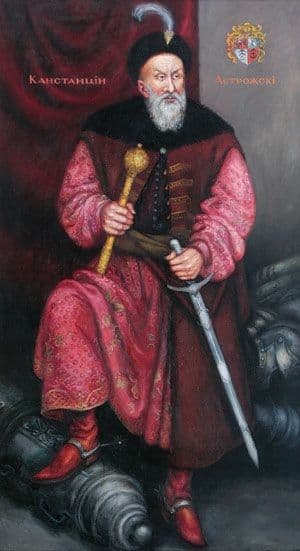
Soon Nikephoros was accused of espionage for the Ottoman Porte and was brought to trial. The archdeacon denied all accusations and the judges failed to prove anything. Nikephoros was sent to the Malbork castle and even the request of the Turkish sultan did not help him; the Polish king Sigismund III assured the Turkish ruler that Nikephoros was a double agent, working for Moscow and helping the Cossacks. The petition of Patriarch Meletios of Alexandria was also ignored. Two years later, Archdeacon Nikephoros died of hunger in prison, which is evidenced by the documents.
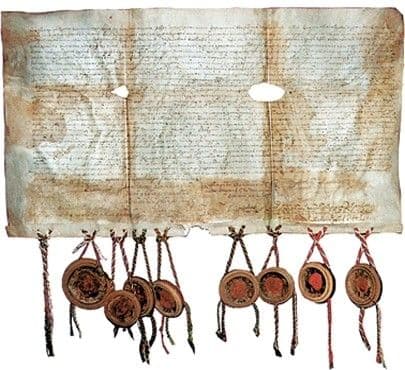
In 2001, Nikephoros was numbered among the locally revered saints of the Ukrainian Orthodox Church, and a year later the Synod of the Belarusian Exarchate glorified Archdeacon Nikephoros as a Hieromartyr and included him in the Synaxis of Belarusian Saints.
Hieromartyr Archdeacon Nikephoros, pray to God for us!

